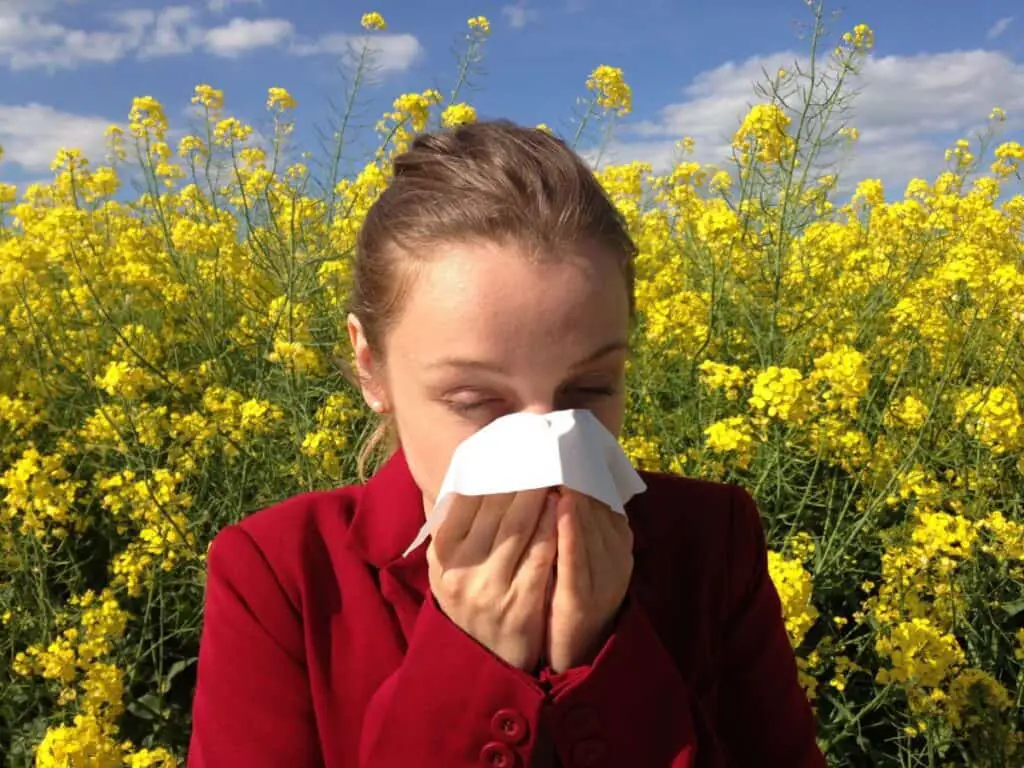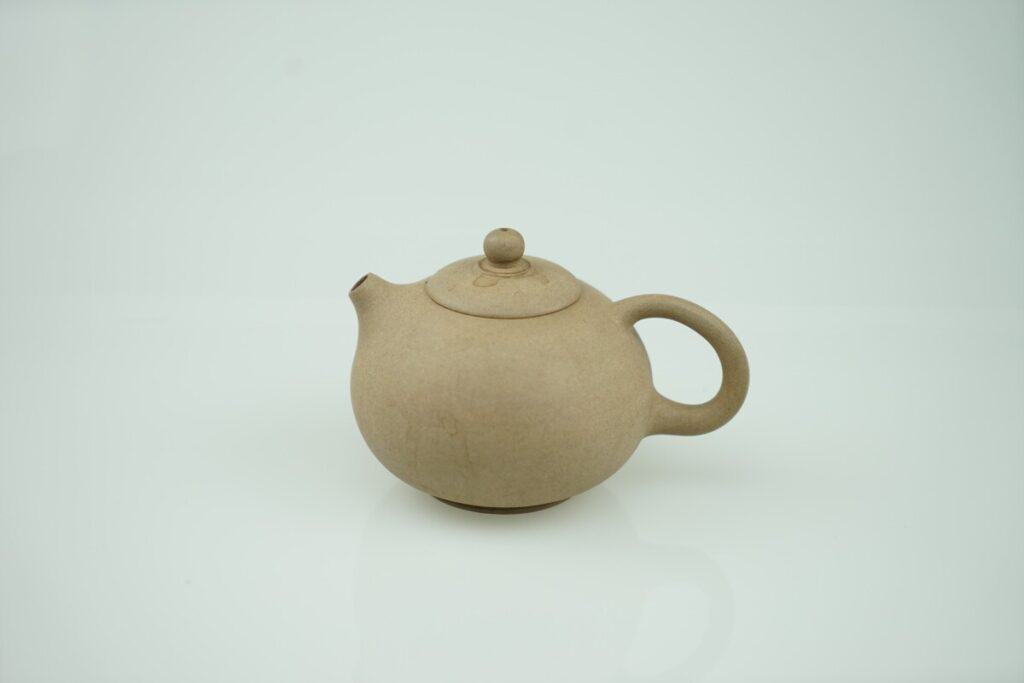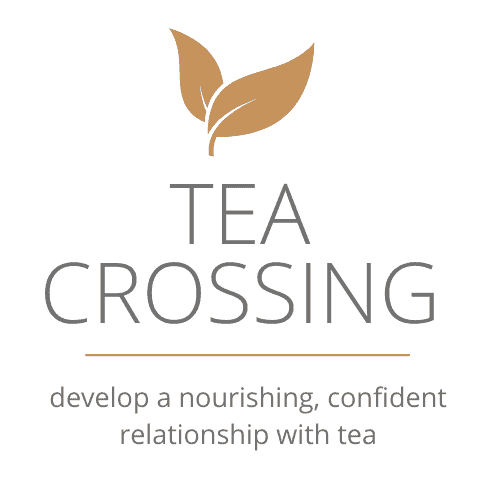Do you suffer from seasonal allergies? If so, you’re not alone. Millions of people around the world deal with allergy symptoms every year. There are many different ways to treat allergies, including medication and natural remedies. One natural remedy that is effective for treating allergies is tea. In this article, I will discuss what tea is good for allergies, and how you can use them to get relief from your symptoms.
Many different types of tea can help relieve allergy symptoms. Some of the most effective teas include chamomile, ginger, lavender, and peppermint. Green tea can also help to relieve allergy symptoms by reducing inflammation.
Top 4 Best Tea for Relieving Allergies
Chamomile
Chamomile tea is made from the flower heads of the plant Camellia sinensis. It has been used for centuries as a folk remedy for a variety of ailments, including allergies. Chamomile tea is thought to work by reducing inflammation and by opening up the airways.
Chamomile tea can be made by steeping chamomile flowers in hot water for 5-10 minutes, or by using chamomile tea bags. When using fresh flowers, it is important to make sure that they have not been treated with pesticides. Chamomile tea can be enjoyed plain, or with honey or lemon. For best results, drink 3-4 cups of chamomile tea per day.
“Many different types of tea can help relieve allergy symptoms. Some of the most effective teas include chamomile, ginger, lavender, and peppermint. Green tea can also help to relieve allergy symptoms by reducing inflammation.”
TEA CROSSING
Ginger
Did you know that ginger tea can help to relieve allergies? It’s true! Ginger has natural anti-inflammatory properties that can help to reduce the swelling of nasal passages and ease congestion. It also contains histamine-fighting compounds that can help to reduce the severity of allergy symptoms.
Best of all, ginger tea is easy to make at home. Simply steep freshly grated ginger in boiling water for 10 minutes, then strain and enjoy. You can sweeten it with honey if you like. Drink several cups a day during allergy season, and you’ll find that your symptoms are much easier to manage. Give it a try!

Lavender
Lavender tea is a popular herbal tea that is known for its calming and relaxing properties. However, lavender tea can also help relieve allergies. Lavender contains linalool, which is a natural compound that has anti-inflammatory and antihistamine properties.
This makes lavender tea an effective way to reduce the symptoms of allergies, such as sneezing, runny nose, and watery eyes. In addition, lavender tea can help to soothe the throat and calm coughing. If you suffer from seasonal allergies, drinking lavender tea may be a helpful way to reduce your symptoms naturally.
Peppermint
Peppermint tea is also a popular choice for those seeking relief from allergies. It has been shown to have anti-inflammatory and decongestant properties, making it an effective treatment for allergies. In addition, peppermint tea can help to soothe the throat and clear the sinuses.
The cooling effect of peppermint also makes it a popular choice for those suffering from fevers. Simply brew a cup of peppermint tea using fresh or dried peppermint leaves, and drink it several times throughout the day. For best results, drink peppermint tea before bedtime to promote mucus drainage and allow for easier breathing throughout the night.
Tea Benefits As A Natural Allergy Remedy
When allergy season comes around, many people suffer from miserable symptoms like itchy eyes, runny noses, and sneezing. While there are a variety of over-the-counter medications that can provide relief, they often come with undesirable side effects like drowsiness and dry mouth.
For those looking for a more natural approach, tea may be the answer. Studies have shown that certain types of tea can be effective in reducing allergy symptoms. For example, black and green tea contains potent antioxidants that can help to reduce inflammation.
In addition, chamomile tea contains a compound called apigenin that has been shown to block the release of histamines, which are responsible for causing many allergy symptoms. So next time you’re feeling under the weather, try reaching for a cup of tea instead of an over-the-counter medication. You may be surprised at how well it works!
Few Things To Keep In Mind
There are a few things to keep in mind when drinking tea for allergies.

- First, it’s important to choose a tea that is high in antioxidants. Green tea, white tea, and oolong tea are all good choices.
- Second, it’s important to steep the tea for at least 3 minutes to get the full benefits of the antioxidants.
- Third, it’s important to drink the tea regularly – at least 3 cups per day – for the best results.
- Finally, if you’re allergic to pollen, it’s important to make sure that your tea doesn’t contain any hives or other bee products. Chamomile and vanilla teas are both good choices for people with pollen allergies.
By following these guidelines, you can make sure that you’re getting the most out of your tea for allergies.
Brewing Tea: A Simple Guide
There are many ways to brew tea, and it all depends on your preference.

Here is a simple guide on how to make tea:
- Fill a pot with water and place it on the stove.
- Turn the heat up to high and wait for the water to start boiling.
- Put your desired amount of tea leaves into a teacup or teapot. Boil the water and pour it over the tea leaves.
- Let the tea steep for the desired amount of time (see below for recommended times). Pour the tea and enjoy!

Brewing Time:
Black Tea – three to five minutes.
Green Tea – one to two minutes.
White Tea – one to two minutes.
Oolong Tea – two to three minutes.
Herbal Tea – five to seven minutes.
Final Thoughts
While there is no cure for allergies, there are several ways to manage them and minimize their impact on your life. One simple and effective way to do this is by drinking tea.
The top 4 teas for allergy relief are chamomile, ginger, lavender, and peppermint. In addition, certain types of tea, such as green tea, can help to relieve allergy symptoms by reducing inflammation.
In addition, many teas contain natural antioxidants that can help to protect the body against allergens. If you suffer from allergies, consider incorporating tea into your daily routine. You may be surprised at how much of a difference it can make.

